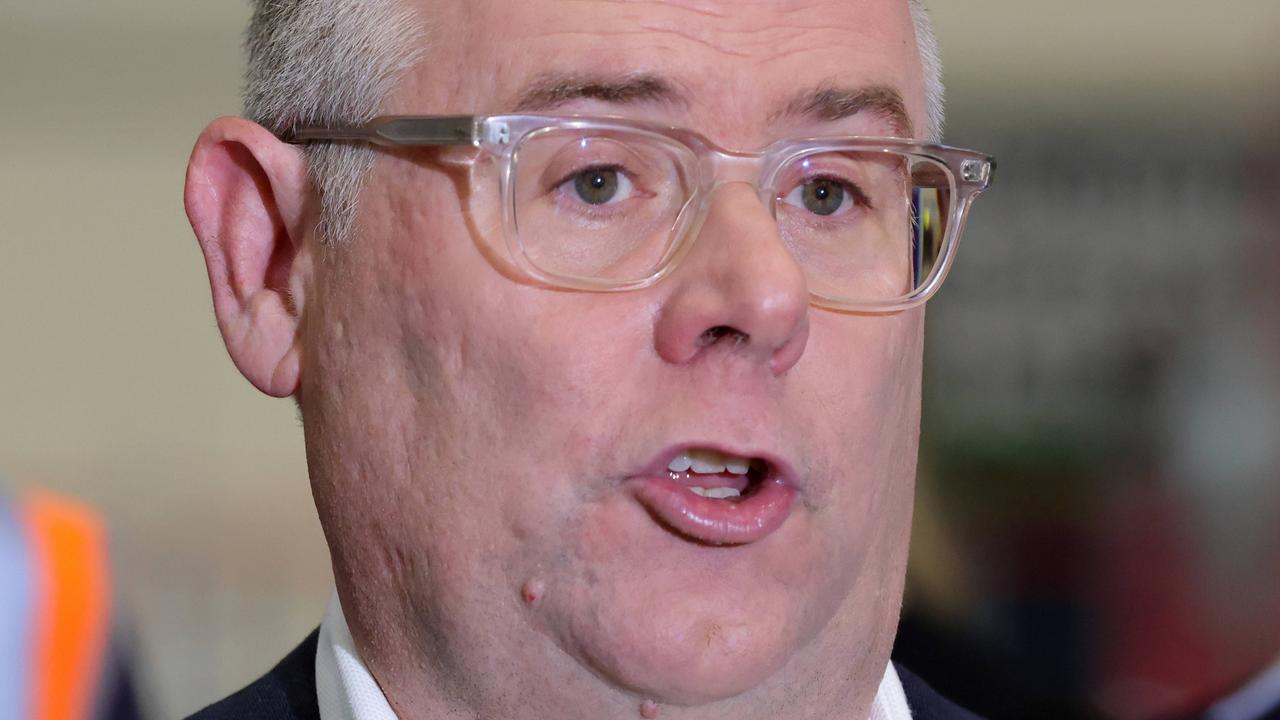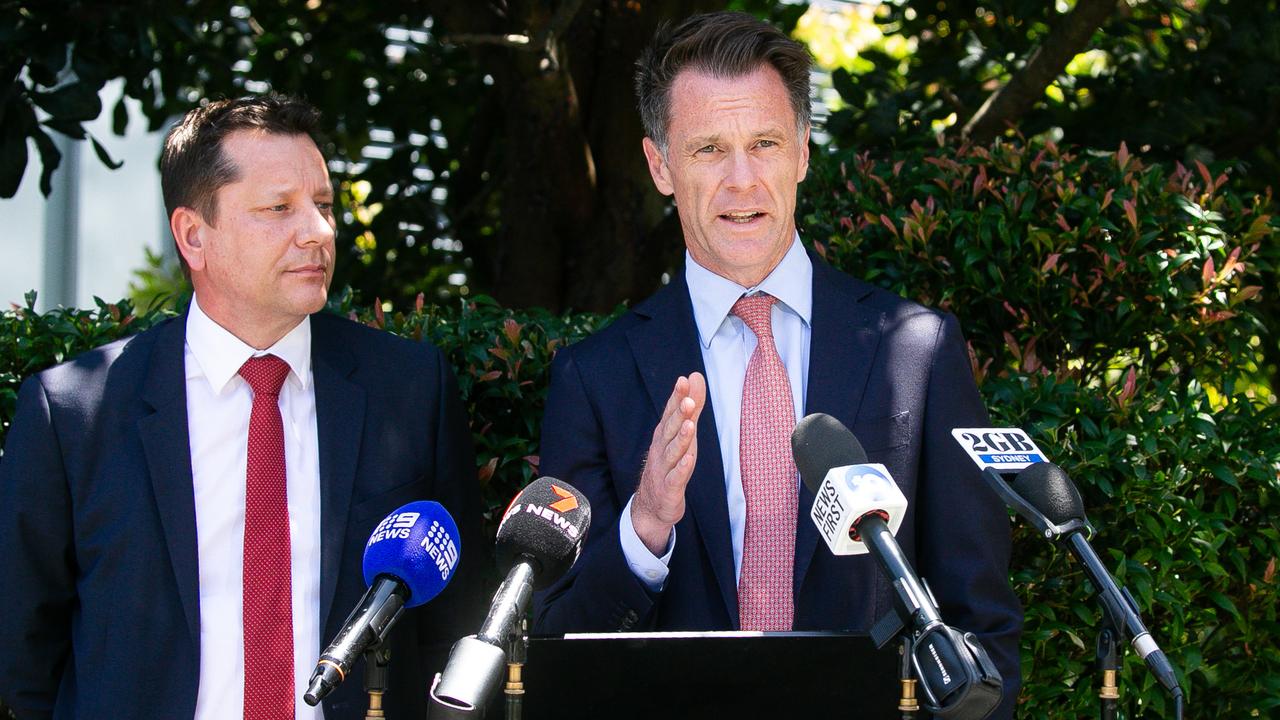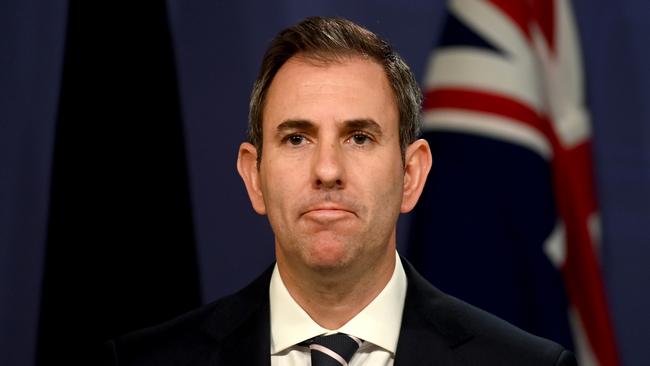
As in life, it’s not possible to have it all when it comes to economic policy. Trade-offs are inevitable and must be managed. This is a lesson that the federal government seemingly refuses to accept, but economic reality has a way of imposing itself, one way or another.
The decision this week by the Reserve Bank to lift the cash rate by 25 basis points, taking it to 4.1 per cent, was not entirely unexpected. To be sure, the April pause had led a number of commentators to conclude that the peak rate was very close. Mortgage holders and business owners sighed with relief.
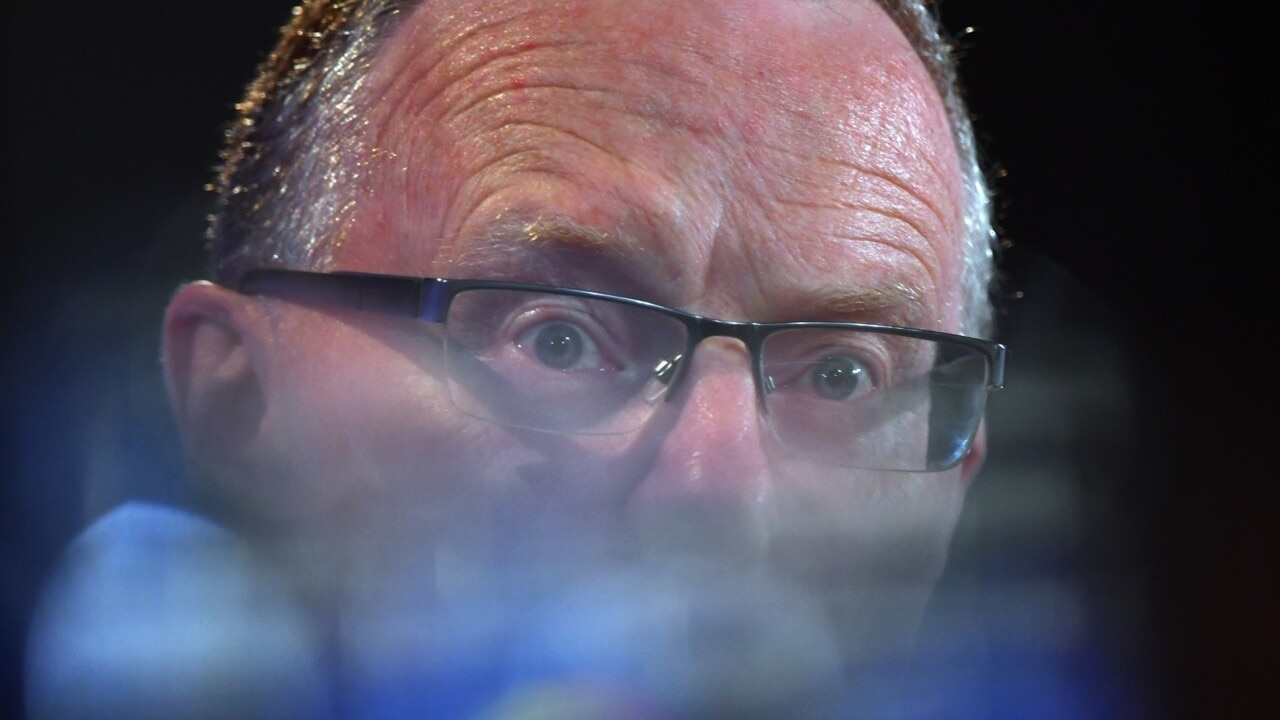
In retrospect, this pause was probably a mistake because it gave the impression that, in the bank’s opinion, the inflation problem had been licked and it would just take some patience before the CPI resumed its acceptable annual rate of increase of 2 to 3 per cent per year.
But with the budget around the corner, as well as the significant national minimum wage decision to be handed down in early June, there were really far too many unknowns for the bank to make this call and provide a degree of false comfort to those concerned about the likely path of interest rates.
What the Treasurer Jim Chalmers doesn’t seem to appreciate is that unless all instruments of economic policy – monetary, fiscal and wages policy – are acting in unison, the costs of getting inflation back under control will be much higher.
And absent any productivity growth, the task is made even harder again.
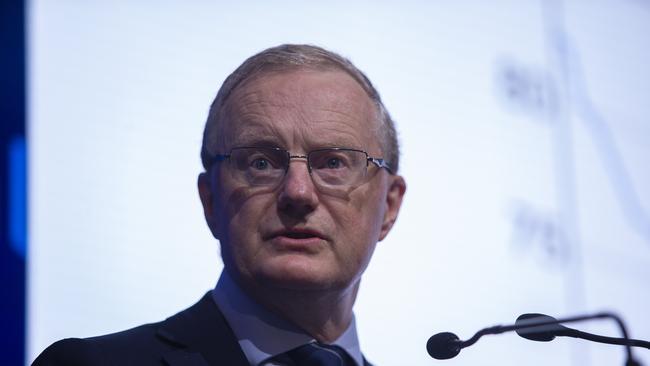
Notwithstanding his protestations to the contrary, the May budget was inflationary, with deficits expected for next financial year and in the three years thereafter. Measures designed to compensate individuals, households and businesses for cost-of-living pressures are not anti-inflationary, as Chalmers mistakenly seems to believe.
They simply release spare income to be spent on other items. And there is no evidence that they dampen inflationary expectations, as Treasury secretary Steven Kennedy has unconvincingly asserted.
The weakest link in the government’s current policy arrangements is wages. The strong view is that inflation was not caused by excessive wage rises, so there is no reason why wages cannot rise to match inflation, at least. While this is correct about the causation, significant wage rises, absent any growth in productivity, will simply perpetuate an inflationary cycle. The fact that this week’s RBA statement referred specifically to the high growth rate in unit labour costs, while omitting any reference to inflationary expectations being consistent with the inflation target, was highly significant. The RBA governor’s speech on Wednesday reinforced these concerns.
The decision by the Fair Work Commission to award over two and half million workers an immediate pay rise of 5.75 per cent would have influenced the bank’s decision this past Tuesday.
The likely flow-on – in part because a number of enterprise agreements reference changes to the national minimum wage – to the non-award dependent workforce is an important consideration, particularly in light of the ongoing tightness of the labour market.
The timing of the proposed further industrial relations reforms which Employment and Industrial Relations Minster Tony Burke has explicitly stated should lead to much higher wages – think here same job, same pay – could not be worse.
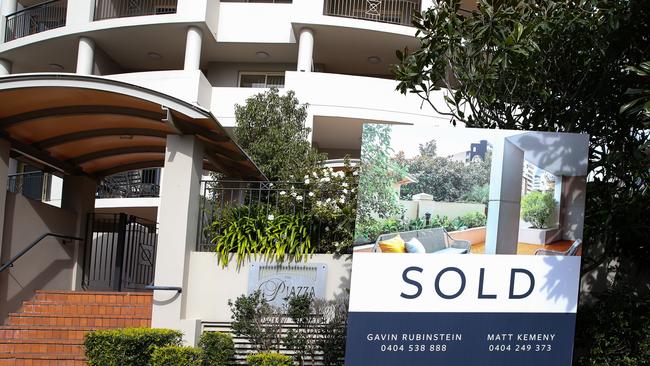
So what should we make of national accounts released on Wednesday? The economy is clearly slowing quite significantly, although it is being propped up by strong population growth and high terms of trade. Soft household spending and a slump in construction activity – which bodes badly for the rental situation – were major contributors to the quarterly outcome. Unsurprisingly, the saving ratio fell from 4.4 per cent to 3.7 per cent, the lowest figure in 15 years, consistent with households running down their cash balances to stay afloat.
The national accounts figures also confirmed the dire productivity situation. Indeed, the most significant figure in Wednesday’s release was the decline of 4.6 per cent in GDP per hour worked through the year to March 2023. This is the largest negative annual figure of this measure for many decades.
Without any convincing government strategy to lift the rate of productivity growth, the immediate future looks bleak. There will likely be one or two more rate rises in the near future; only a sharp contraction in economic activity is now likely to halt rising interest rates. The narrow path back to acceptable inflation while keeping the rate of unemployment low is beginning to look impassable.





